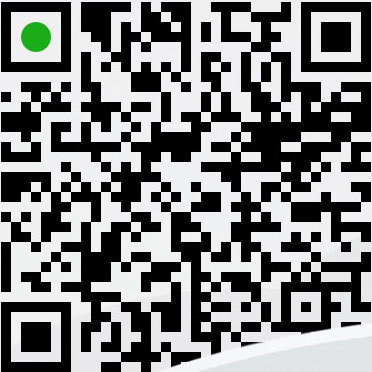How to collect evidence during lawsuit
According to laws, judges should “take the facts as the basis and the law as the criterion”. “Taking the law as the criterion” requires the judge to make a comprehensive and accurate judgment by using the legal provisions on the basis facts.
We often hear the saying that a lawsuit is evidence. Obviously, evidence has become the key to the success of a lawsuit.
According to laws, judges should “take the facts as the basis and the law as the criterion”. “Taking the law as the criterion” requires the judge to make a comprehensive and accurate judgment by using the legal provisions on the basis of the facts. “Based on facts” means that the judge must find out the truth of the case before using the law to decide the case, which is the prerequisite for the judge to decide the case. But how does the judge find out the facts of the case? The judge has not personally experienced or witnessed the occurrence of the case. He can only restore what happened in the past based on the evidence materials, and rely on the evidence materials to judge and find out facts. Therefore, evidence have become an important means to find out the truth of the case, which affects the judgment of the case. Except for a few special cases stipulated by law, the vast majority of evidence for civil disputes must be collected and provided by the parties themselves.
In civil dispute litigation, we should comprehensively collect evidence, so that the collected evidence can fully reflect the context and circumstances of the dispute, so as to prove our claims. When collecting evidence materials, the idea should be mainly carried out from the following aspects:
- When legal relationship is formed, attention should be paid to collecting the identity data of the other party’s subject. Without a clear defendant, the people’s court will not accept the case if it cannot provide a copy of the defendant’s main information (business license, or residence permit).
- Collect evidence reflecting the formation and development of civil, legal relations between the two sides. Such as the contract, inspection note, payment voucher, meeting minutes signed by both parties, correspondence documents with mail receipt and delivery certificate, debit note, receipt, any documents signed by the other party, etc. Both parties are willing to actively communicate and form written documents from the formation of legal relations to the emergence of disputes. At this time, it is easier to collect evidence consciously.
- Collect evidence reflecting the fact of breach of contract or the fact of damage. For example, the other party violates the contract originally agreed by both parties, the proof materials of damage to rights and interests, the medical record of injury, the appraisal report proving the existence of damage facts, the report receipt, and the audio and video recording of the occurrence of damage;
- Collect materials that have suffered economic losses, goods that do not meet quality standards, project cost certificates with substandard quality, invoices for payment, etc. The demands of civil and economic disputes often include compensation for losses. Except that the law has clear compensation methods, the compensation demands need to be supported.
Points for attention in collecting evidence:
- Legal means should be taken to collect evidence materials. Otherwise, it may be subject to legal sanctions due to triggering other laws and regulations, and the illegally collected evidence will not be adopted.
- Evidence materials shall be collected actively and timely. Many evidence materials will disappear because of the passage of time, or have been destroyed in case of disputes. Therefore, the collection of evidence is limited by factors such as time. In fact, as long as we handle things regularly and cautiously, communicate or change important things consciously and take written form, a lot of evidence has been collected naturally.
- Original evidence (which is directly derived from the facts of the case or the original source, and often refers to the original in civil disputes) and direct evidence (which can directly prove the main facts of the case alone) shall be collected as much as possible.
- In case of dispute with the other party, keep communication channels with the other party as much as possible, and supplement and collect evidence targeted. When there is a dispute, the communication channel should not be closed immediately. On the contrary, when there is no result in dispute settlement through negotiation, we should continue to retain the communication channel, continue communication and negotiation, consult a lawyer and collect and supplement evidence materials under the guidance of a lawyer. Share with you above are some guidelines for collecting evidence in civil dispute litigation. However, due to the different circumstances and nature of different types of cases, the collection of specific evidence is also different.

